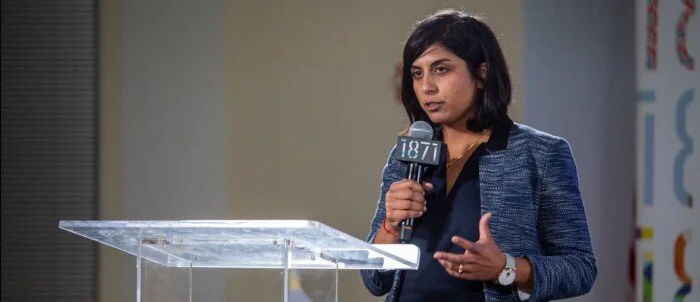By Ander Iruretagoyena and Priya Parrish
With 2020 being deemed the worst year for climate change, now more than ever it is important to ensure the businesses which are combating it have enough capital to scale swiftly and efficiently. According to NASA, responding to climate change involves two possible approaches: reducing and stabilizing the levels of heat-trapping greenhouse gases in the atmosphere (“mitigation”) and/or adapting to the climate change already in the pipeline (“adaptation”). Solar panels on residential rooftops contribute towards mitigation by fulfilling the electricity needs of households with 80% lower emissions than fossil fuels. For the average household, this 8,460 pound reduction in C02 is equivalent to 432 gallons of gas (UC Berkeley). Typically, these environmental and financial ($17,000 over the life of a solar system) savings have been reserved for high income households due to the upfront investment required. There are 30+ million low-to-middle income (LMI) households in the U.S., representing 42% of the total potential for residential solar, yet they only represent 30% of installations annually. Serving these communities could create meaningful cumulative reduction in carbon emissions while driving additional benefits of economic empowerment through household savings.
SOLUTION
PosiGen, Inc. (“PosiGen”) is a developer of solar power systems intended to reduce household energy consumption and generate power. The company's solar power systems enable customers to achieve greater fiscal autonomy and energy independence by lowering their utility bills. Currently, PosiGen is the only for-profit residential solar platform that focuses exclusively on providing solar and energy efficiency upgrades to LMI households. Over the past 5 years, PosiGen has installed over 15,000 residential solar energy systems throughout Louisiana, New Jersey and Connecticut.
WHY WE INVESTED
PosiGen has a competitive differentiation with a unique product market fit focused on underserved LMI communities (enabled by a competitive moat of having 8+ years of credit history underwriting LMIs with ~100% collections). The company is well-positioned to capitalize on the $67B residential U.S. solar energy industry growing ~30% annually (driven by rising awareness of climate change, state tax incentives, and utility costs). PosiGen’s approach is fundamentally designed for affordability: standardized kit models, project clustering, and subcontractors decrease installation time/costs while a cost savings only approach to underwriting drives referrals and lowers customer acquisition costs. This allows the company to install solar systems for ~40% less than competitors.
IMPACT
We believe that PosiGen has the ability to make a positive impact on climate change and the environment by mitigating emissions, increasing efficiency, and democratizing energy independence. Management, which includes a founder with 25+ years of entrepreneurial and senior management experience and a CFO with over 20 years in renewable energy, is committed to measuring and continuously reporting impact metrics centered around energy efficiency and economic empowerment of customers served. PosiGen is democratizing access to clean energy and its related benefits by focusing on LMI communities, which account for 73% of their installations to date. In FY ‘20, the company is on track to produce over 70mm KWh of clean energy.
Want more original content from the Impact Engine team? Sign up for our newsletter, sent to your inbox each month.





